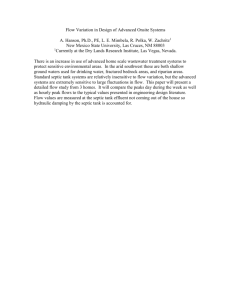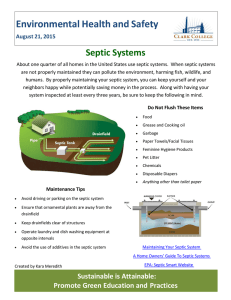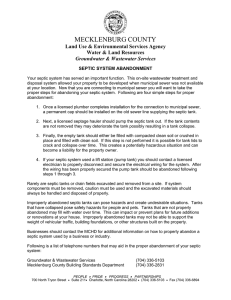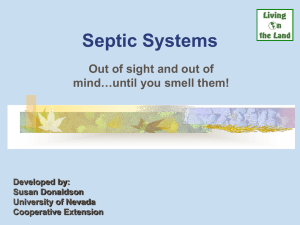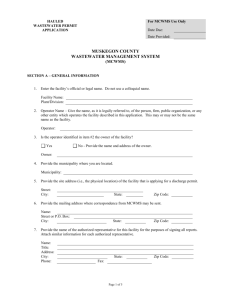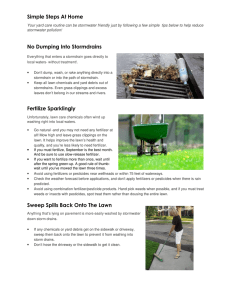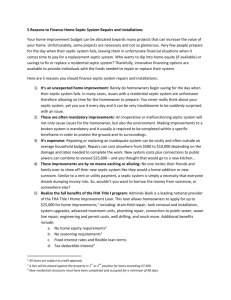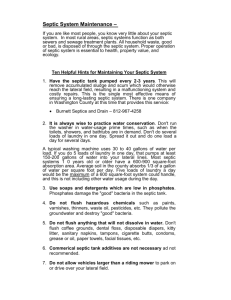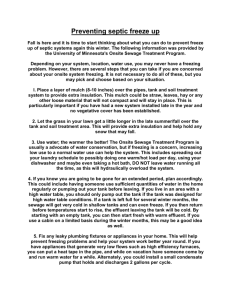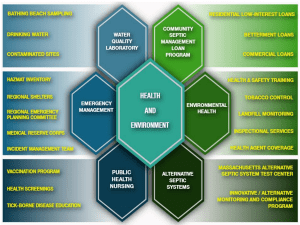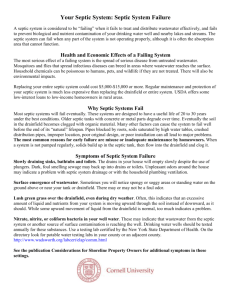Hey*what are you putting in my river
advertisement
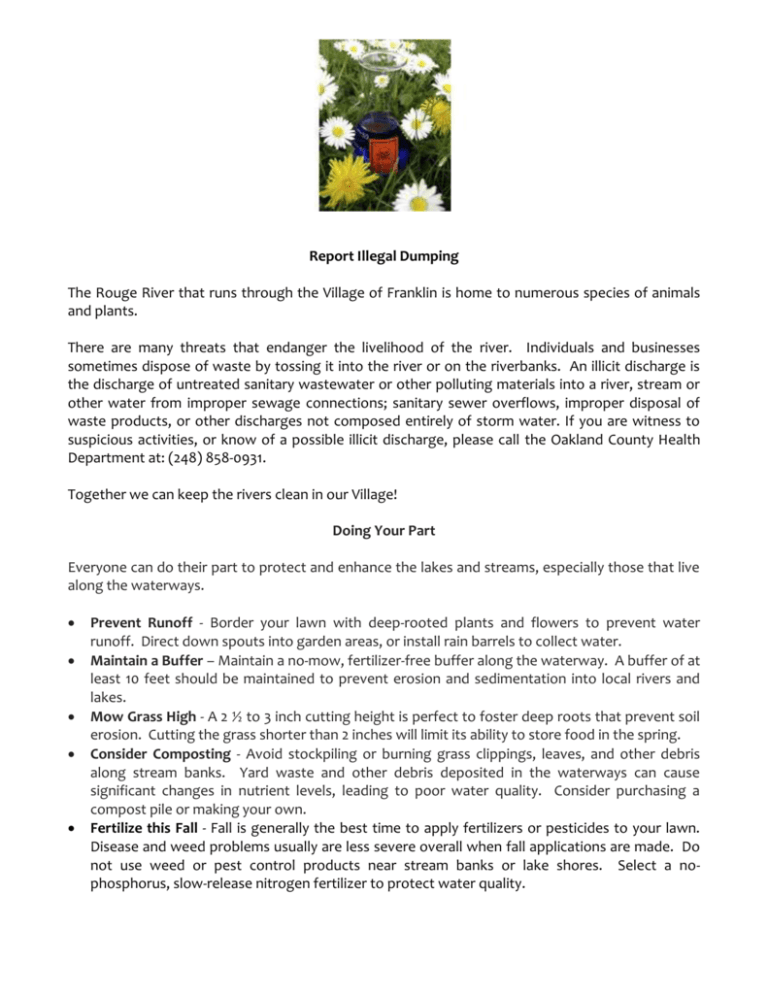
Report Illegal Dumping The Rouge River that runs through the Village of Franklin is home to numerous species of animals and plants. There are many threats that endanger the livelihood of the river. Individuals and businesses sometimes dispose of waste by tossing it into the river or on the riverbanks. An illicit discharge is the discharge of untreated sanitary wastewater or other polluting materials into a river, stream or other water from improper sewage connections; sanitary sewer overflows, improper disposal of waste products, or other discharges not composed entirely of storm water. If you are witness to suspicious activities, or know of a possible illicit discharge, please call the Oakland County Health Department at: (248) 858-0931. Together we can keep the rivers clean in our Village! Doing Your Part Everyone can do their part to protect and enhance the lakes and streams, especially those that live along the waterways. Prevent Runoff - Border your lawn with deep-rooted plants and flowers to prevent water runoff. Direct down spouts into garden areas, or install rain barrels to collect water. Maintain a Buffer – Maintain a no-mow, fertilizer-free buffer along the waterway. A buffer of at least 10 feet should be maintained to prevent erosion and sedimentation into local rivers and lakes. Mow Grass High - A 2 ½ to 3 inch cutting height is perfect to foster deep roots that prevent soil erosion. Cutting the grass shorter than 2 inches will limit its ability to store food in the spring. Consider Composting - Avoid stockpiling or burning grass clippings, leaves, and other debris along stream banks. Yard waste and other debris deposited in the waterways can cause significant changes in nutrient levels, leading to poor water quality. Consider purchasing a compost pile or making your own. Fertilize this Fall - Fall is generally the best time to apply fertilizers or pesticides to your lawn. Disease and weed problems usually are less severe overall when fall applications are made. Do not use weed or pest control products near stream banks or lake shores. Select a nophosphorus, slow-release nitrogen fertilizer to protect water quality. On-Site Septic System Maintenance for Water Quality Protection Improperly maintained or failing septic systems can create excess nutrients and pathogens entering our waterways. Signs of a failing septic system are odors, surfacing sewage, wet spots or lush vegetation on or near the drainfield, plumbing or septic tank backups, or gurgling sounds in the plumbing system. Homeowners should properly operate and maintain their septic system to avoid failures. Regular pumping of the septic tank is the single most important maintenance requirement of a septic system. What Can You Do? Get Pumped! Have your system inspected every 2-3 years by a reputable septic tank service contractor. When necessary, have your tank pumped out. Septic tanks should be pumped every 3-5 years, at a minimum. Conserve Water: Minimize water inputs into your system by installing water-saving fixtures such as low-flow toilets, faucets and showerheads. Redirect: Point downspouts away from the drainfield. Minimize: Reduce the use of harsh chemicals that get washed down the drain and into your septic system. The chemicals can actually kill the beneficial bacteria necessary for the breakdown of the wastes entering your system. Pitch In! Dispose of non-degradable items such as fat, grease and oil, hair, tampons and disposable diapers in the trash. These materials will not break down and can cause clogging and premature failure of your system. Avoid Using A Garbage Disposal: Try composting kitchen scraps such as egg shells, coffee grounds, vegetable wastes and other organic kitchen wastes. Site Right! Plant shrubs and trees an adequate distance from the drainfield and septic tank. The root systems could interfere with the infrastructure which can lead to premature system failures. Plant only grass over and near your septic system. For more information, contact the Oakland County Health Department at: (248) 858-1280.
